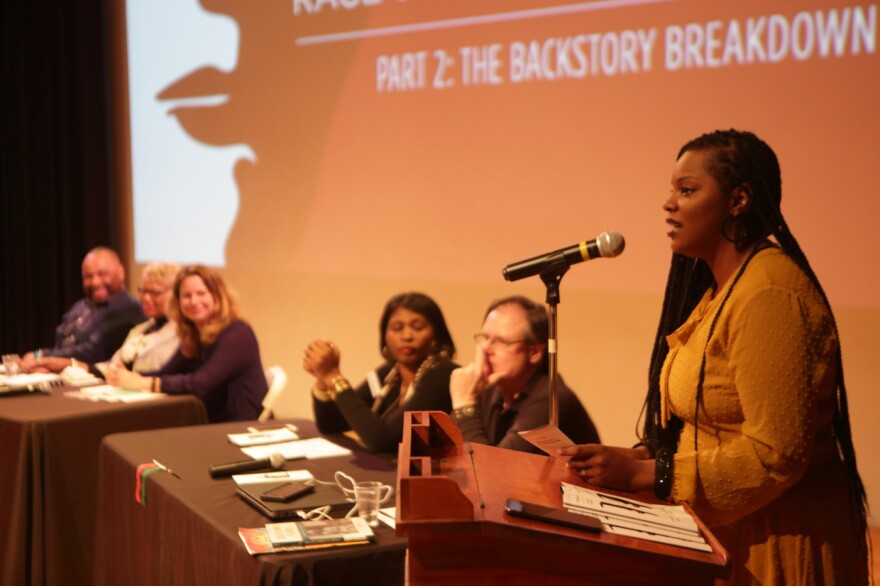This week, Charlottesville City Council voted to remove its statue of Confederate General Robert E. Lee. What to do with the monument has been part of an ongoing conversation about race that’s not limited to Charlottesville, but happening across Virginia.
Richmond Magazine has hoped to bring that conversation to the forefront, hosting the final event in a three-part series on race this week.
Richmond’s Confederate monuments were just one topic addressed last month by a panel of scholars and activists at Dogtown Dance Theatre in the city’s southside.
“Every time we start talking about the monuments, it’s like throwing Miracle Gro on the city’s character flaws," joked University of Richmond historian Dr. Julian Hayter.
Hayter was one of the panelists who took part in The UnMasking, a multifaceted conversation about race and history in Richmond.
“It draws out the worst in Richmond, and we end up in the same place with this conversation over the monuments,” he said during the talk.
Changing the conversation is the aim of the series, which engaged the public in dialogue through sharing a meal together, watching films, and taking part in small-group discussions.
“It’s an effort to help us understand our racial history and use that knowledge to empower us to move forward together,” explains Samantha Willis, the series organizer.
Willis is Arts and Entertainment Editor at Richmond Magazine. She says for some people it can be intimidating to talk about race. And so, we wear a mask that hides our biases.
“But we wanted people to remove that mask and remove the need to be polite and the need to be PC, and really just have a conversation, because if we can’t even have a conversation with each other, we have no hope of moving forward together," she says.
Willis says understanding the past allows us to make better informed decisions about the city’s future.
“We may not have been able to decide, and to give the okay to Richmond being the capital of the Confederacy, but we can decide that Richmond is going be an inclusive city that values diversity and that values everyone’s input in the future," Willis says. "So it really has given people hope and is an example of the type of progressive mindset that we foster here, and that’s prevalent here, all you have to do is look.”
The final event in the series will take place in Richmond Thursday evening, when a health services organization will lead a talk on generational trauma. The event is sold out.




